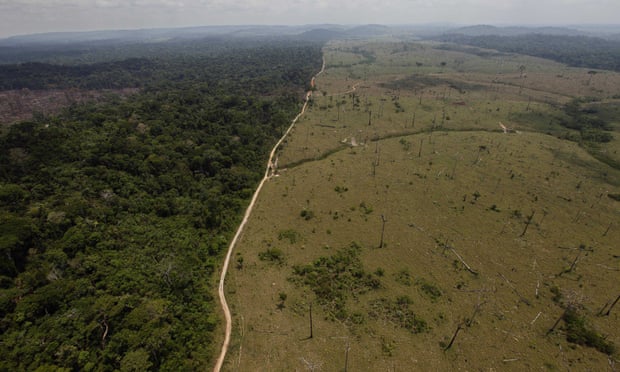QUNO, under the Friends World Committee for Consultation, is the only faith-based organization accredited as an observer to the Intergovernmental Panel on Climate Change (IPCC), which collates climate science findings to advise all countries. While government representatives cannot change text in the reports, they can negotiate language in the Summary for Policy Makers (SPM), so long as the integrity of the findings is not affected. Negotiation can result in weakening SPM language. At the recent IPCC meeting on Land, QUNO's Representative for Climate Change, Lindsey Fielder Cook, sought to protect language on sustainable and restorative behavior (diet, farming, consumption, restoration/regeneration of eco-systems) and consequences to insufficient action to reduce greenhouse gas (GHG) emissions. She summarized the Report’s main messages as: 1) land is currently absorbing (sink) some 20% of GHG emissions, 2) land degradation must be reversed and overall GHG emissions reduced, and 3) without this, land will become a GHG emission ‘source’, leading to irreversible eco-system collapse and ‘substantial additional GHG emissions from ecosystems that would accelerate global warming’.

Myanmar “sham elections”: QUNO hosts Quaker House briefing
On 2 December, the Quaker UN Office hosted diplomats at Quaker House for a private briefing in advance of the elections in Myanmar that began on 28 December 2025. QUNO Director, Sarah Clarke, opened the meeting, noting that “the world will be watching carefully to see how the international community responds to the vote.” Sean Dunne, an expert who has supported election observation with the UN and the Carter Center, including in Myanmar, served as an outside briefer. In his remarks, Sean emphasized that the Myanmar general elections, which are being conducted by the military regime that overthrew the democratically elected government following elections in 2020, “fail to meet any recognized international benchmark for credibility or genuineness.” Sean concurred with UN experts, numerous Human Rights organizations, and media outlets describing the elections as a “charade” or “sham election” intended to “solicit recognition from foreign governments and legitimize the continuation of military rule, rather than reflect the genuine will of the Myanmar people.” In Myanmar, voting kicked off on 28 December 2025, with polls being held in roughly a third of Myanmar’s townships. Despite two more voting phases scheduled on 11 and 25 January 2026, several million people, 56 townships, and numerous political parties, including the winner of Myanmar’s last credible election, the National League for Democracy, have been excluded by the military or have chosen not to participate. As Sean explained, these exclusionary factors amount to “an incredibly sophisticated form of election engineering.” The implementation of biometric voting and surveillance technology, new laws criminalizing criticism of the election, and manipulation of representative quotas in Myanmar’s […]






